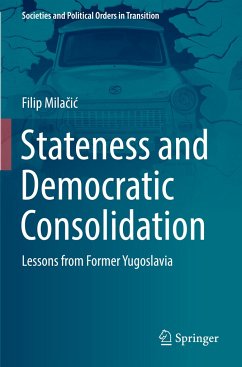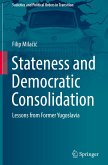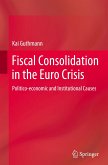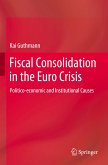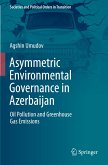This book argues that the unresolved stateness in the republics of the former Yugoslavia played a key role in determining the course and dynamics of their turbulent democratic transition. To support this claim, the authors develop a series of causal mechanisms. Subsequently, they analyze to what extent these causal mechanisms could be applied to other cases, like the one of Ukraine's democratization.
The book presents a theoretical framework, as well as conclusions and arguments that are instrumental for the better understanding of the democratization process in general, which could be useful for other countries to avoid the mistakes that were made in the cases of former Yugoslav republics. It, therefore, is a must-read for researchers and scholars of political science, as well as practitioners and policy-makers, interested in a better understanding of democratization, transformation processes, nation-building, and stateness.
The book presents a theoretical framework, as well as conclusions and arguments that are instrumental for the better understanding of the democratization process in general, which could be useful for other countries to avoid the mistakes that were made in the cases of former Yugoslav republics. It, therefore, is a must-read for researchers and scholars of political science, as well as practitioners and policy-makers, interested in a better understanding of democratization, transformation processes, nation-building, and stateness.

